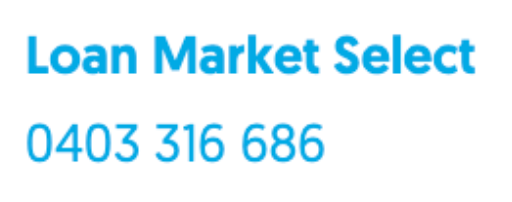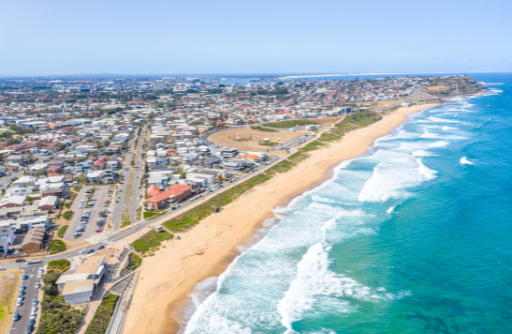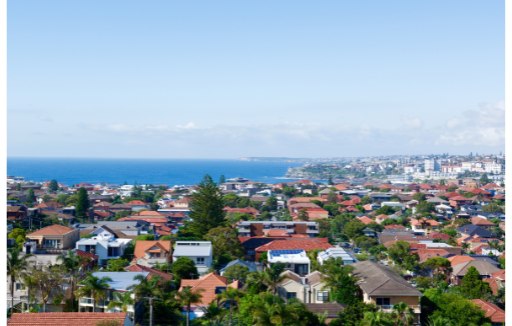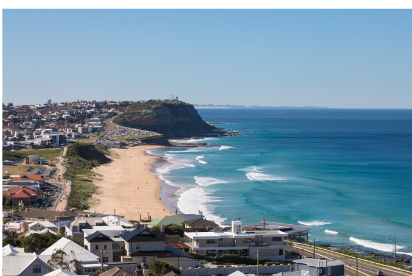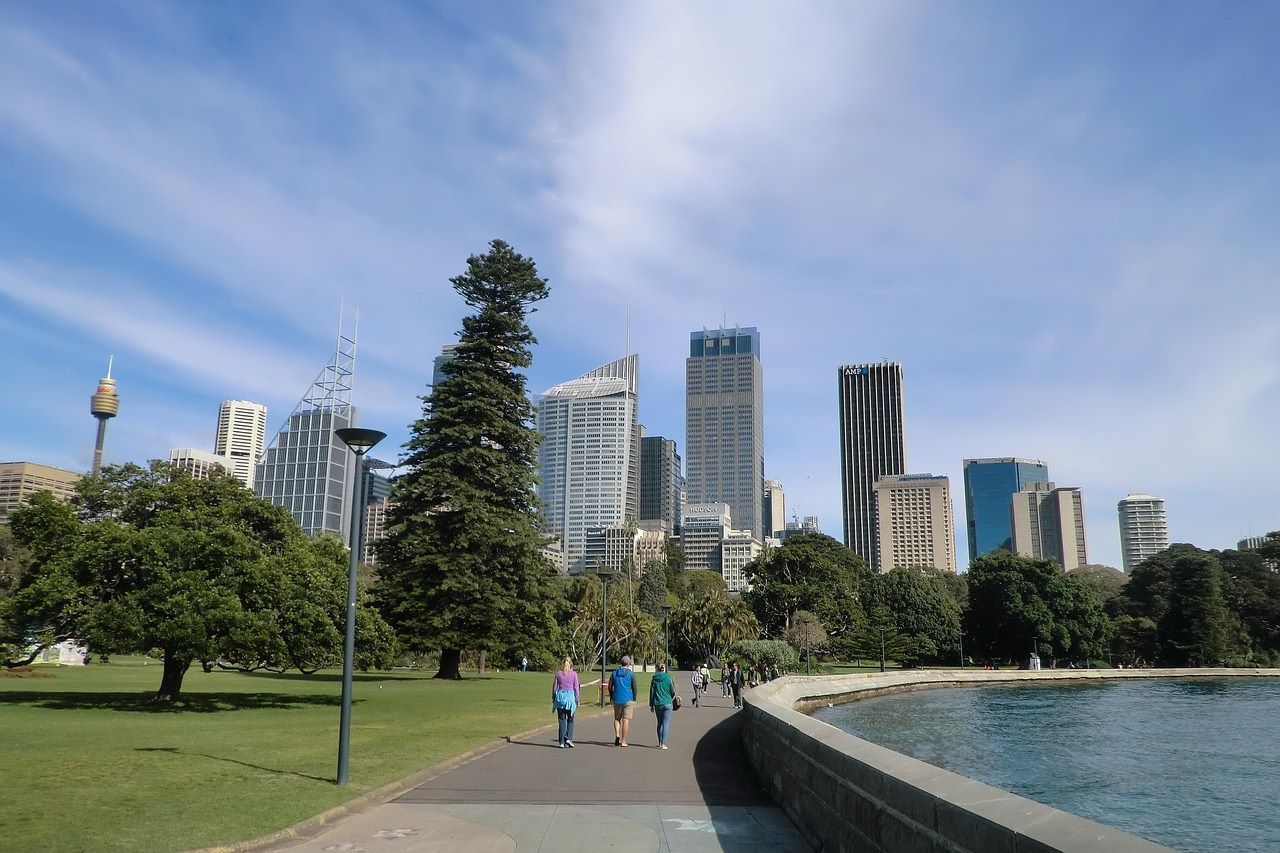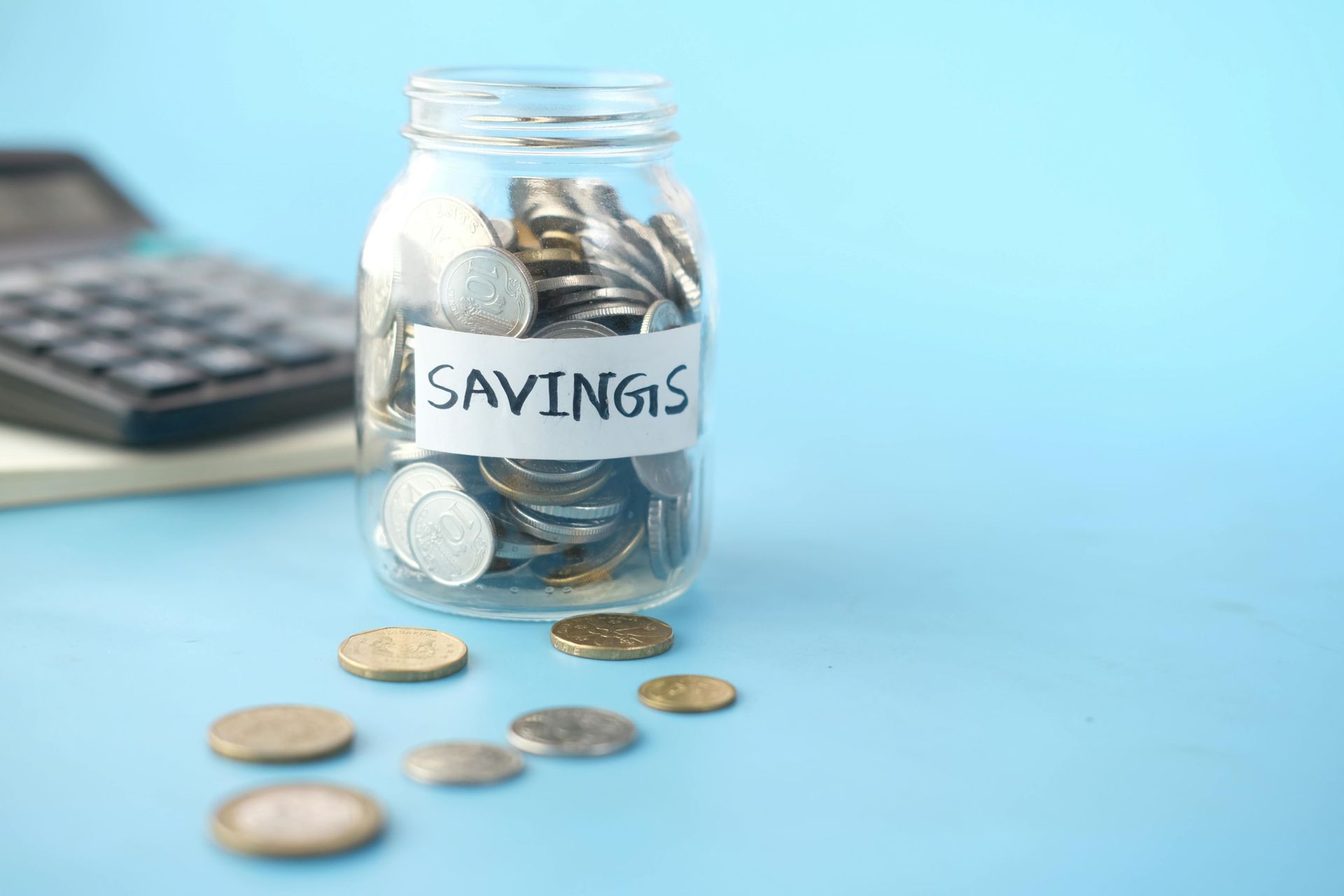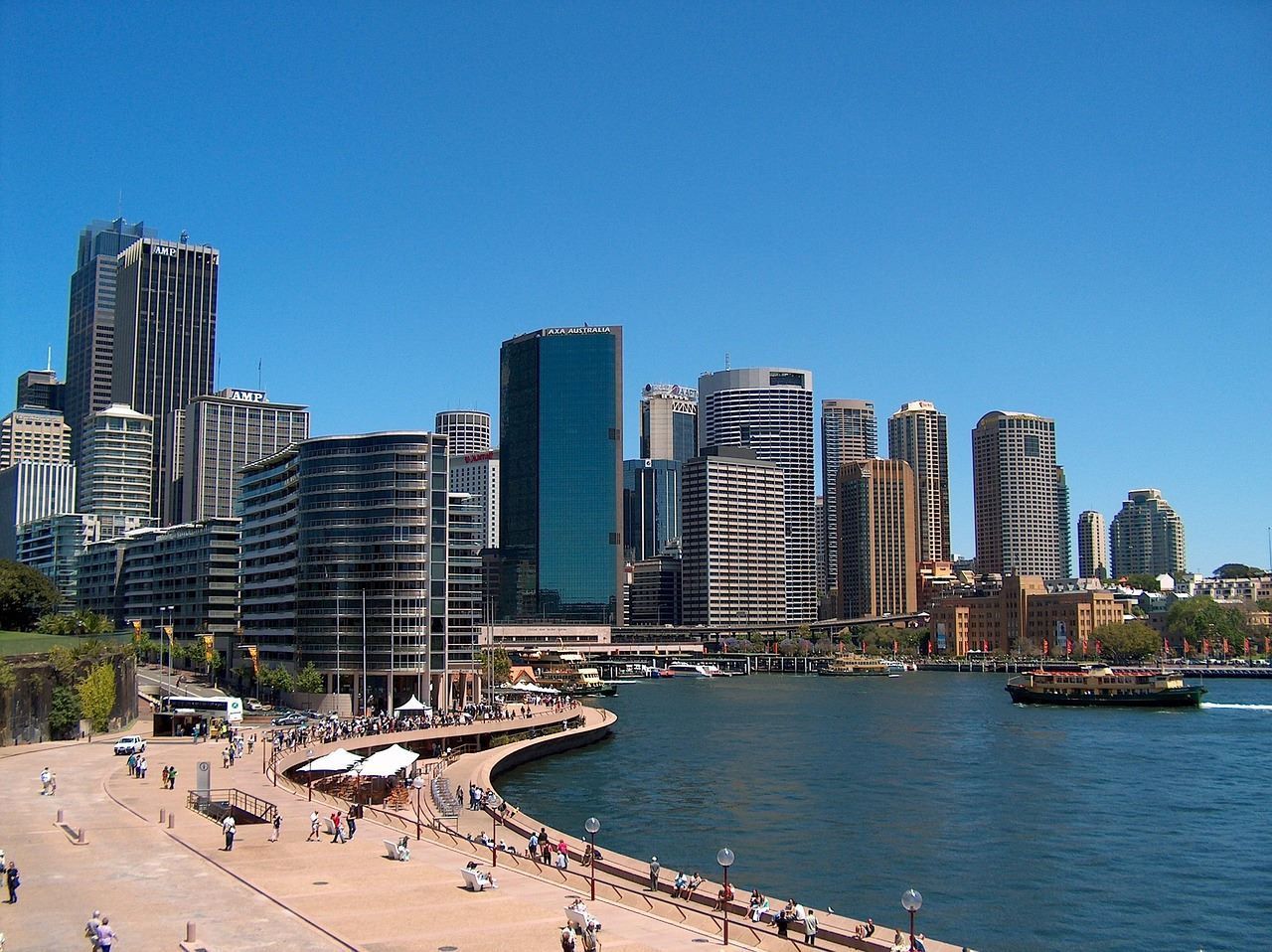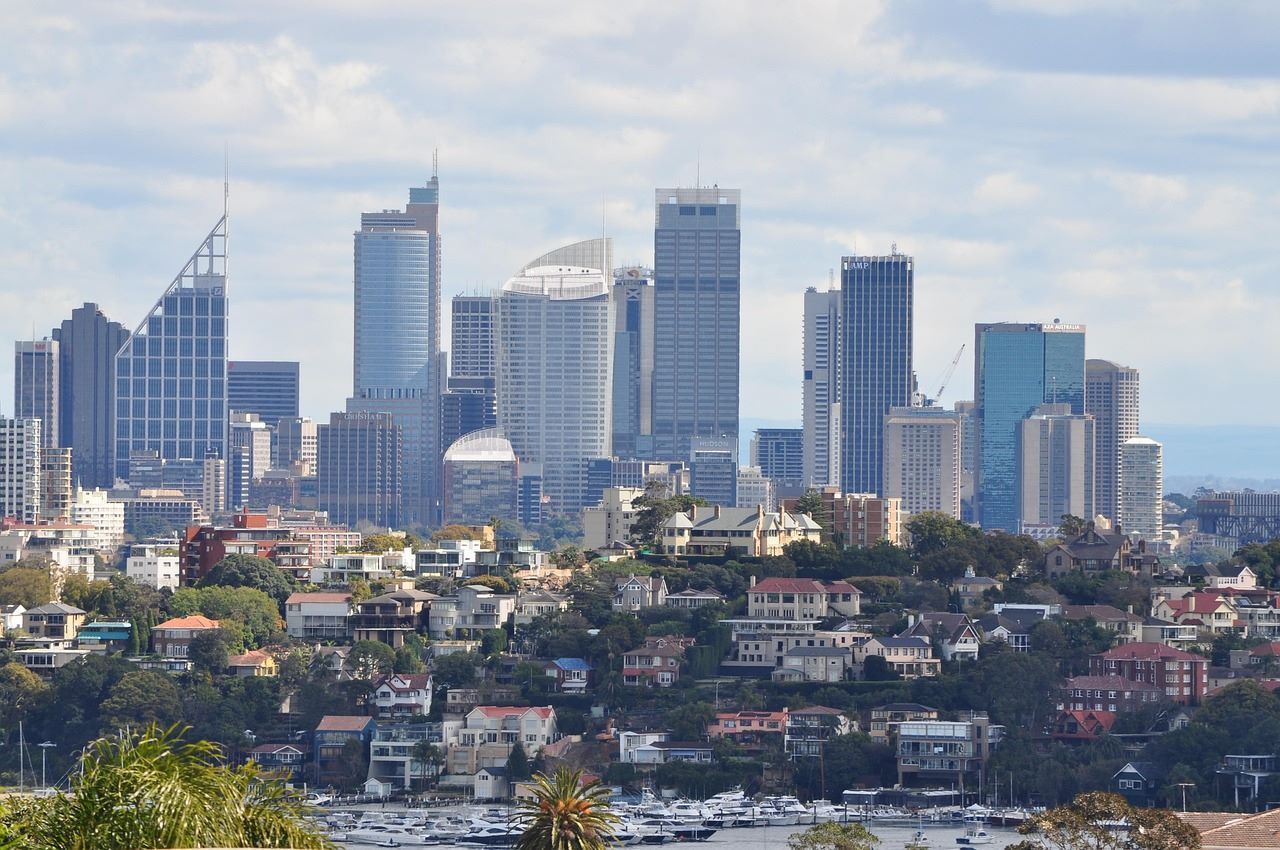Guide to Home Loans for Low-Income Earners in Northern Beaches
Securing a home loan on a low income can often feel like an uphill battle, especially in the stunning but pricey Northern Beaches area. But here's the good news: there are options available, and having the right support makes all the difference.
That’s where
mortgage brokers come in. With their industry experience and market knowledge, brokers guide you through every step, helping you understand the process, compare loan products, and improve your chances of approval.
In this guide, we’ll walk you through what you need to know about home loans in 2024, so you’re ready to take on the Northern Beaches property market with confidence. Let's dive in!
🏡 Need Home Loan help?
We've helped thousands of locals.
Just call us on 0403 316 686
Or visit our website homepage
Northern Beaches Property Market 2024: An Insight into Homeownership for Low-Income Earners
The Northern Beaches continues to be one of Sydney’s most attractive areas for homebuyers, offering stunning coastlines, a laid-back lifestyle, and strong community ties. And while it may seem like an area reserved for high-income earners, low-income individuals are finding ways to make homeownership a reality here.
In 2024, the market trends are showing promising signs for those seeking affordable entry points. According to CoreLogic’s recent data, the median house price in Northern Beaches stands at around $2.5 million, while units are significantly more affordable, with a median price of around $1 million as of early 2024.
This makes units an excellent option for low-income earners looking for their own slice of the Beaches lifestyle. Recent trends show stable growth in unit prices, but at a more manageable rate compared to houses, offering a balance between affordability and investment potential.
Furthermore, the region benefits from various government assistance programs targeted at first-home buyers and low-income borrowers, like the First Home Owner Grant (FHOG) and the First Home Loan Deposit Scheme. These programs aim to reduce upfront costs and make homeownership more accessible.
The appeal of the Northern Beaches also lies in its connectivity to Sydney’s CBD and its access to amenities like schools, shopping, and recreational areas. For low-income earners, owning property here is not just about affordability but also about lifestyle benefits and future financial growth potential.
What Are Low-Income Home Loans?
Low-income home loans are tailored to help individuals or families with modest earnings secure a property. Unlike standard home loans, these loans are designed with flexible eligibility criteria, smaller deposit requirements, and sometimes reduced interest rates or repayment options to accommodate limited income.
Key Differences Compared to Regular Home Loans:
- Deposit Requirements: While regular loans typically require a 10%-20% deposit, low-income loans may need as little as 5%, especially when paired with government schemes.
- Lender Flexibility: Lenders may assess your borrowing capacity more leniently, considering various income sources like Government benefits or child support payments beyond just wages.
- Interest Rates & Loan Terms: Some low-income loans offer slightly lower interest rates or longer loan terms to reduce your monthly repayment burden.
- Government Assistance: Low-income borrowers often qualify for programs like the First Home Loan Deposit Scheme, which helps bypass Lenders Mortgage Insurance (LMI) – a cost usually added to standard home loans if the deposit is below 20%.
These features make low-income home loans a practical way to step onto the property ladder without being weighed down by the heavier financial obligations often tied to regular home loans.
However, it’s important to understand your financial position fully and seek professional advice to ensure the loan terms suit your budget and long-term goals.
Eligibility Criteria for Low-Income Earners' Home Loans
If you're a low-income earner in Northern Beaches, securing a home loan is definitely within reach – but it's important to know if you meet the lender's criteria. To improve your chances of approval, you'll need to tick certain boxes that lenders look for.
Below are some key eligibility requirements specific to those seeking low-income home loans in 2024.
What You Need to Qualify:
- Steady Income & Income Limits: Despite a low-income status, you at least need to show a regular, reliable income, including salaries, rental income, or Government benefits. For schemes like the First Home Loan Deposit Scheme, your taxable income should generally not exceed $125,000 for singles or $200,000 for couples.
- Good Credit History: A healthy credit score and a positive credit report show lenders that you're financially responsible. Ensure you’ve paid off or managed any outstanding credit card debt or personal loans.
- Minimum Deposit: A minimum deposit of around 5%-10% of the property purchase price is typically required, with options to lower upfront costs through programs like the First Home Owner Grant.
- Reasonable Living Expenses: Lenders will assess your living costs and daily expenses to determine if your income can cover potential loan repayments comfortably. Keeping costs down can improve your borrowing power.
- Low Debt-to-Income Ratio: A manageable debt-to-income ratio is crucial. Keeping your debts, including credit card limits and other financial obligations, low can positively influence your borrowing capacity.
- Residential Status & Age: You must be an Australian citizen or permanent resident, over the age of 18, and looking to buy an owner-occupied property (rather than an investment property).
Understanding and meeting these criteria can make all the difference when applying for a home loan as a low-income earner. It's wise to have all documentation ready before applying and to seek help from a licensed mortgage broker who can guide you through the application process.
🏡 Need Home Loan help?
We've helped thousands of locals.
Just call us on 0403 316 686
Or visit our website homepage
Best Home Loan Options for Low-Income Earners in Northern Beaches
For low-income earners in the Northern Beaches, securing a home might feel like an uphill battle due to high property prices. But don’t lose hope – there are tailored loan options and government schemes designed to help make homeownership more achievable in 2024.
Here’s a look at some of the best options:
Shared Equity Scheme Loans
One of the most popular options for low-income earners is the Shared Equity Scheme, like the NSW Shared Equity Home Buyer Helper. Under these schemes, the government (or sometimes a private institution) buys a share of your home, which means your loan size and monthly repayments are reduced.
Typically, you only need a smaller deposit, and repayments are based on the portion of the property you own, easing your loan obligations. This can be a game-changer in Northern Beaches, where median house prices are high.
Low Deposit Home Loans
If saving for a traditional 20% deposit is tough, low deposit home loans can be a viable route. These loans allow you to get started with as little as 5%-10% deposit, and when paired with schemes like the First Home Loan Deposit Scheme (FHLDS), you might even avoid paying Lenders Mortgage Insurance (LMI).
For low-income earners, these loans make entering the property market easier, but it’s crucial to note that a smaller deposit means higher monthly repayments and possibly a longer loan term. Major lenders like ANZ and Westpac offer such options, and they can be particularly suitable for purchasing units, which are more affordable in Northern Beaches compared to houses.
Guarantor Home Loans
A Guarantor Home Loan allows a close family member – typically a parent – to use their property as loan security to guarantee a part of your loan. This can significantly reduce the deposit required and potentially eliminate the need for LMI.
For low-income earners, a guarantor loan can increase borrowing capacity and make the application process smoother. However, it’s important to note that the guarantor assumes some risk; if you default, they may need to cover the repayments. If your family can assist, it’s a smart way to step into the Northern Beaches market.
NSW First Home Buyer Assistance Scheme (FHBAS)
The NSW First Home Buyer Assistance Scheme (FHBAS) can reduce or even exempt you from stamp duty, a cost that often adds thousands to your upfront expenses. This makes a big difference for low-income buyers trying to manage upfront costs. This scheme is income-based, so it’s tailored to eligible first-home buyers who fall within the required income limits.
Rent-to-Buy and Affordable Housing Programs
For those who find it difficult to get an upfront deposit, rent-to-buy options or affordable housing programs through the Northern Beaches Council offer pathways to homeownership by allowing you to rent a property with the option to buy later.
This model helps build up equity and provides a chance to save more towards the deposit. It's a practical way for low-deposit borrowers to work towards securing their dream home in a high-cost area.
Low Interest & Basic "No-Frills" Loans
Some lenders, including mutual banks and credit unions, offer "no-frills" loans with lower interest rates and fewer features. This means you get a loan without the bells and whistles, but with reduced fees and a stable interest rate, which is beneficial for budgeting.
For low-income earners in Northern Beaches, this approach can keep loan repayments manageable and help you achieve your homeownership goal without additional costs.
Case Study: How Emma Secured a Home on a Low Income
Emma, a nurse living in Northern Beaches, wanted to buy her first residential property. Earning $65,000 a year, she was concerned about borrowing dependability. With some guidance from a mortgage broker, she discovered she was eligible for a shared equity scheme, which reduced her loan obligations.
By opting for a low-deposit loan, Emma only needed a 5% deposit. After saving for 18 months and improving her credit score by paying off credit card debt, she successfully purchased a two-bedroom apartment. Emma’s journey shows how low-income borrowers can achieve their homeownership dreams with the right strategy and support.
Tips to Improve Your Chances of Securing a Home Loan as a Low-Income Earner
If you're a low-income earner aiming to secure a home loan for a residential property, taking a strategic approach can improve your chances of loan approval. Here are some practical tips to help you navigate your loan journey and strengthen your loan application.
1. Build Financial Discipline
Start by maintaining strong financial discipline. Lenders want to see that you have control over your source of income and manage expenses effectively. Limit your credit applications and keep your credit limit low to show that you can handle debt responsibly.
2. Save for a Larger Deposit
While a house deposit of at least 5% may be enough for eligible homebuyers, saving for a larger deposit can help reduce your loan balance and make you a more attractive borrower. It can also increase your maximum loan amount and potentially secure you a better loan interest rate.
3. Know the Property Price Caps
Be aware of property price caps when looking at schemes for first-time home buyers. Some programs, like Housing Australia's Homebuyer Fund, require your property to fall under specific price limits. This ensures you're purchasing within your means and makes you more likely to be approved as an eligible home buyer.
4. Prepare All Financial Documents
Gather essential financial documents like tax returns, bank statements, and details of your source of income. Lenders want to see a clear record of your earnings and expenses. The more organised and transparent your finances, the smoother the loan application process.
5. Seek Legal & Financial Advice
Get professional legal advice and financial advice before signing any contract of sale or committing to a loan. Understanding the contract, loan fees, conveyancing fees, and other entry costs will help you make an informed decision and reduce unexpected surprises later.
6. Explore Stamp Duty Concessions & Government Schemes
Look into stamp duty concessions for first-time homebuyers. These can reduce or waive upfront costs, helping you save on the initial purchase of a residential property. Programs like the First Home Owner Grant (FHOG) and First Home Loan Deposit Scheme are designed to help low-income borrowers.
7. Compare Lenders & Loan Products
Different lenders offer varying interest rates, application fees, and terms. A licensed mortgage broker can compare products to find the best fit for you. Don’t forget to look for loan cashback deals, which can offset some of the entry costs or provide additional savings during your loan journey.
8. Improve Your Credit Rating
Reducing debts, making timely payments, and keeping a low credit limit all contribute to a better credit rating. This directly impacts your chances of loan approval, as a good credit score shows lenders that you are a reliable borrower.
🏡 Need Home Loan help?
We've helped thousands of locals.
Just call us on 0403 316 686
Or visit our website homepage
FAQs
Can a person on Centrelink get a home loan?
Yes, some lenders accept Centrelink payments as part of your income for a home loan. Approval depends on the type of benefit and if it’s combined with other income sources.
What is the minimum income for a mortgage in Australia?
There isn't a set minimum income for a mortgage, as it depends on factors like loan size, deposit, and your financial situation. Lenders usually assess if your income can comfortably cover loan repayments.
How much loan can you get from Centrelink?
The amount varies depending on the lender and the type of Centrelink benefit received. Lenders generally take a conservative approach to calculate your borrowing capacity.
Can you buy a house on minimum wage in Australia?
Yes, it's possible, but your borrowing power might be limited based on your income and other financial commitments. Access to low deposit loans or government schemes can help first-time home buyers on a low income enter the market.
What upfront costs should I budget for?
You’ll need to consider stamp duty, legal fees, loan fees, and sometimes Lenders Mortgage Insurance (LMI).
Conclusion
Taking the first steps toward homeownership as a low-income earner in Northern Beaches can be an exciting journey, filled with opportunities to explore the right loan options and set yourself up for a stable financial future.
With the right preparation, understanding of available schemes, and professional support, you'll find a pathway to achieve your goal.
If you're ready to take the next step, have questions, or need tailored advice, don't hesitate to reach out to
Mortgage Brokers Northern Beaches or call
0403 316 686. Let us help you make your homeownership dreams a reality!

Need home loan help?
Simply contact our experts today, we can help.
CONTACT US
We're Mortgage Brokers Northern Beaches, your local brokers and part of the Loan Market Select team in North Sydney.
You can find our local office here:
1303/213 Miller St, North Sydney NSW 2060
FOLLOW US
HANDY LINKS
All Rights Reserved. SEO by Copyburst
